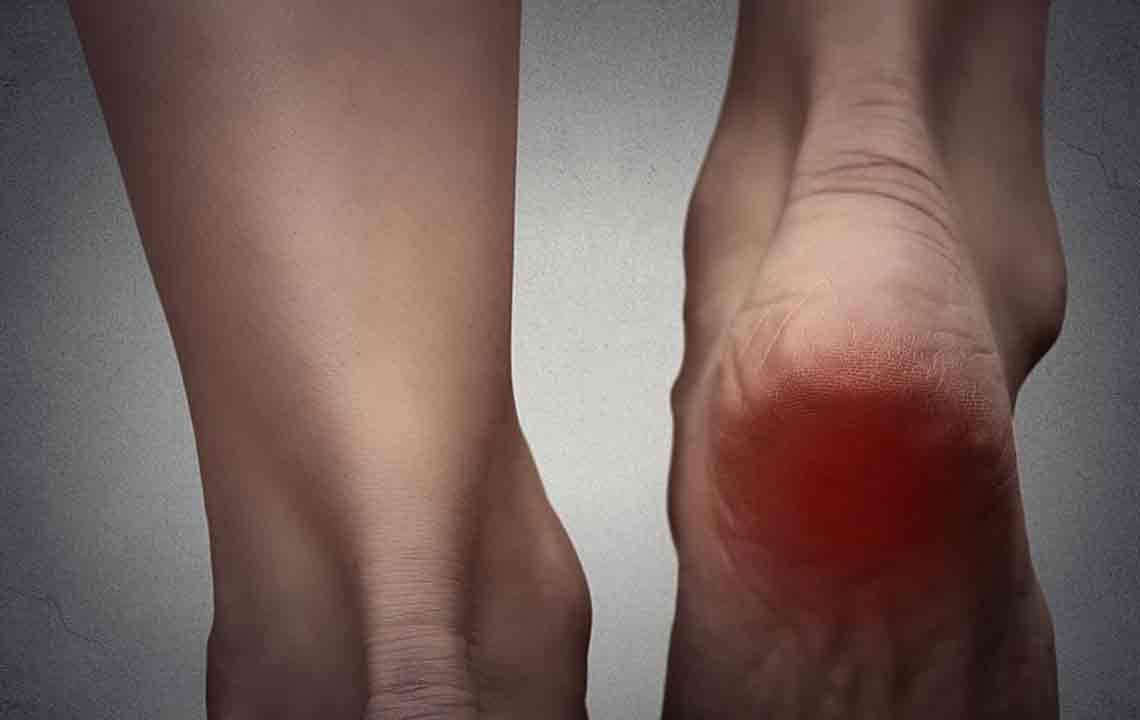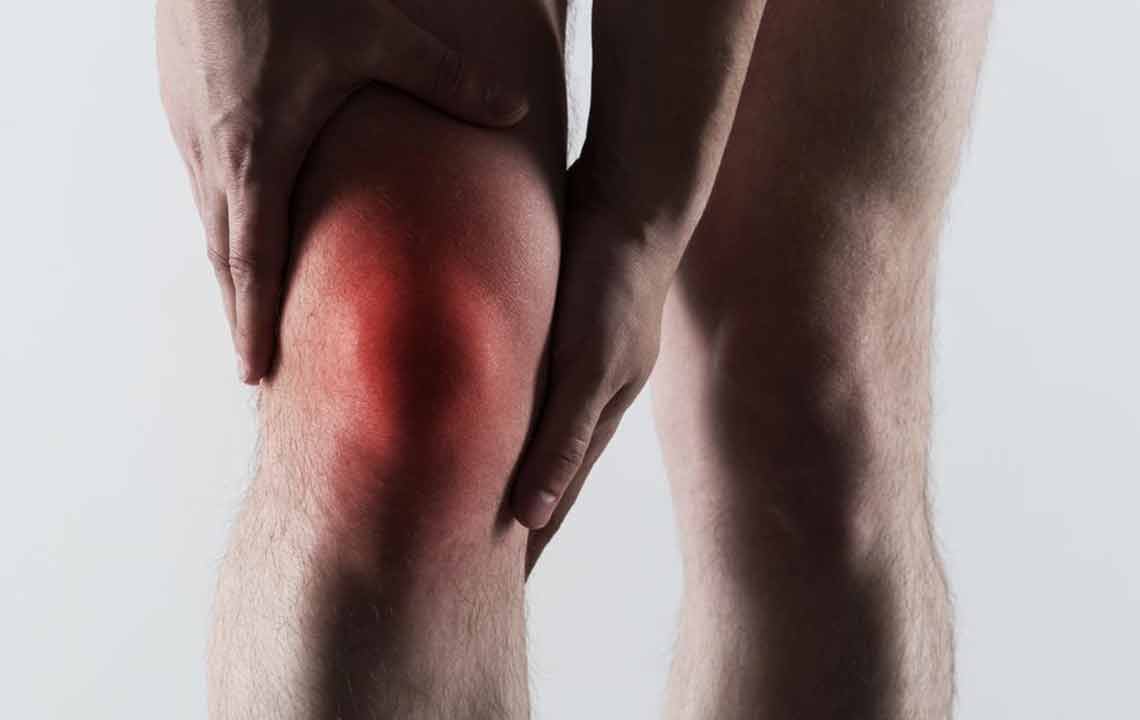Comprehensive Guide to Managing Gout Pain and Preventing Future Flare-ups
This comprehensive article explores effective strategies for managing gout, including medication options, lifestyle changes, and preventive measures. It emphasizes the importance of individualized treatment plans to alleviate pain, reduce attack frequency, and prevent long-term complications. Learn about the latest drugs, dietary tips, and lifestyle modifications that can help you control gout more effectively and improve your quality of life.

Effective Strategies for Gout Relief and Long-Term Prevention
Gout is a complex form of arthritis characterized by sudden, severe attacks of pain, redness, and swelling in the joints. Managing this condition requires a multifaceted approach that combines medication, lifestyle modifications, and preventive measures to reduce the frequency and severity of attacks. Proper management not only alleviates discomfort during episodes but also helps prevent long-term complications such as joint damage and tophi formation, which occur due to the accumulation of uric acid crystals. Understanding the various treatment options and lifestyle adjustments is essential for individuals living with gout to lead healthier, more comfortable lives.
Medications for Gout Treatment
Doctors typically recommend specific medications based on the severity of symptoms, frequency of attacks, and individual health profiles. These medications are designed to address both the acute episodes and the underlying causes of gout. Here’s an in-depth look at the main classes of drugs used in gout management:
NSAIDs (Nonsteroidal Anti-Inflammatory Drugs): These drugs are often the first line of treatment during gout attacks. Over-the-counter options like ibuprofen and naproxen are accessible but higher doses or prescription-strength NSAIDs such as celecoxib and indomethacin are often more effective in reducing inflammation and pain. During acute episodes, healthcare providers may recommend high doses to quickly alleviate symptoms, then taper down to lower doses for maintenance. However, NSAIDs carry risks such as gastrointestinal issues, including ulcers, bleeding, and stomach discomfort, which necessitates careful monitoring and sometimes the use of protective medications like proton pump inhibitors.
Colchicine: This medication has a long history of effective use for gout. It acts by reducing the inflammatory response caused by uric acid crystals in the joints. Colchicine must be used at prescribed dosages, as higher doses can cause significant side effects such as nausea, diarrhea, and vomiting. For some patients, a low-dose daily regimen after an attack can serve as a preventive measure. Due to its potential side effects, colchicine should always be taken under medical supervision.
Corticosteroids: In cases where NSAIDs and colchicine are contraindicated or ineffective, corticosteroids like prednisone are valuable alternatives. These drugs have potent anti-inflammatory properties and can be administered orally or via injections to swiftly reduce joint swelling and pain. Nonetheless, corticosteroids are associated with side effects such as increased blood sugar levels, mood swings, weight gain, and elevated blood pressure, so their use must be carefully monitored by healthcare providers.
Preventive Medications to Lower Uric Acid Levels
For individuals experiencing frequent or severe gout attacks, physicians might prescribe medications aimed at controlling uric acid levels to prevent future episodes. These drugs work by inhibiting uric acid production or promoting its excretion from the body:
Uric Acid Production Blockers: Allopurinol and febuxostat are commonly prescribed to reduce the synthesis of uric acid. By limiting crystal formation, these medications significantly decrease the likelihood of attacks. However, they may cause side effects such as skin rashes, liver function abnormalities, or low blood cell counts, necessitating regular blood tests during treatment.
Uric Acid Excretion Enhancers: Probenecid works by increasing the kidney's ability to eliminate uric acid. It’s particularly useful in patients who produce a normal amount of uric acid but cannot excrete it effectively. While effective, probenecid can increase the risk of kidney stones and may cause allergic reactions or gastrointestinal discomfort. Patients should undergo periodic kidney function assessments and maintain adequate hydration while on this medication.
Dietary and Lifestyle Modifications for Gout Prevention
While medications play a crucial role, lifestyle changes are vital in managing gout and reducing attack frequency. Implementing healthy habits can complement medical treatments and support long-term health:
Limit or abstain from alcohol consumption, especially beer and spirits, which can increase uric acid levels and trigger attacks.
Reduce intake of sugary beverages and foods high in fructose, as fructose metabolism is linked to increased uric acid production.
Avoid foods rich in purines such as organ meats (liver, kidneys), red meats, and certain types of seafood (shellfish, sardines, anchovies) that naturally elevate uric acid levels.
Maintain a healthy weight through balanced nutrition and regular exercise, as obesity is a significant risk factor for gout flare-ups. Even a modest weight loss can markedly decrease uric acid levels and underlying inflammation.
Stay well-hydrated by drinking plenty of water daily, which aids kidney function and promotes excretion of uric acid.
Consider incorporating foods that may help lower uric acid, such as cherries, vitamin C-rich fruits, and coffee, although more research is needed to confirm their benefits definitively.
Before making any significant dietary changes or starting alternative therapies, consult your healthcare provider. Some natural remedies and dietary supplements should be used with caution, especially if you are on medication, to avoid adverse interactions. Techniques such as relaxation exercises or acupuncture might provide additional relief for some patients.
In summary, a comprehensive approach combining medication, lifestyle modifications, and regular medical check-ups can empower individuals with gout to control their condition effectively. Education and proactive management are key to minimizing flare-ups, preventing joint damage, and enhancing overall quality of life.





